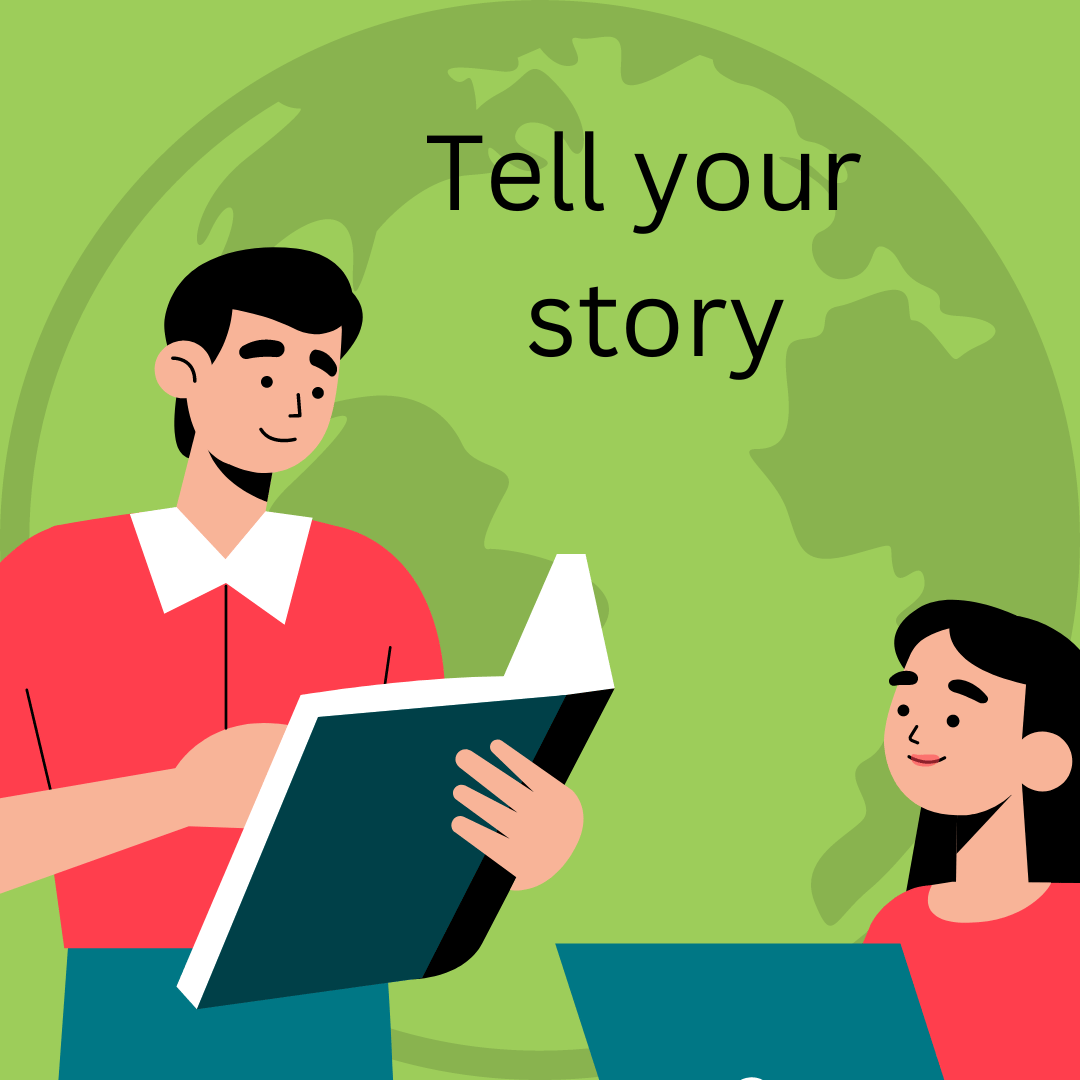Storytelling in Conservation = Art + Science

I avoid true dichotomies because they tend to be oversimplified, and I believe there are always exceptions to any rule. For example, art and science are often used to portray entirely different ways of life. However, when they are blended to find solutions, there can be great success. We can explore this concept in terms of telling a story.

Good stories need something people can relate to, evidence of purpose (a more scientifically-minded concept), expressed in creative ways (the artistic side of things). So how do you find the right balance? This can be one of the most challenging aspects of creating content. Some things to keep in mind include:
- Know your audience. Are you sharing with experts in the field or trying to educate the general public? What motivates your audience? Basic demographics like age and where they live can also give you a better understanding of the people you want to reach.
- Pay attention to the W's of your piece. Who is it for? What is it intended to accomplish? Where are you publishing it? When will it have the most impact? Why are you creating the content?
- Incorporate words, images, videos, or other interactive pieces. Make it easier for your audience to interact with your content.
- Include resources. Show your audience that you have evidence backing up your claims.
- Ask for feedback from a smaller group before sharing widely. This is particularly important when sharing a story with a narrator from a very different background than yourself. Make sure you're accurately representing other perspectives.
Some resources for improving content include:
- https://www.searchenginejournal.com/
- https://blog.hubspot.com/
- YouTube how to's
- Grammarly
- Eats, Shoots & Leaves by Lynne Truss
- The Elements of Style by William Strunk Jr.
Be thoughtful about how you tell a conservation story. It should have a clear message and goal but shouldn't disregard opposing viewpoints offhand.
I'm happy to connect and discuss working as a writing consultant or editor.





Please sign in or register for FREE
If you are a registered user on WildHub, please sign in
Thank you for sharing these lessons learned with us, Lara!
These insights are also interesting for members who participate in our Conservation Catalyst Programme:
@Taranee , @Muthoni Njuguna , @Temitope Rebecca Adelola , @Fai Collins Ndi , @Marrian Tendai Rwizi , @Ussi Abuu Mnamengi
Very helpful, Lara! Thanks for sharing this info.
Excellent! Thank you for sharing